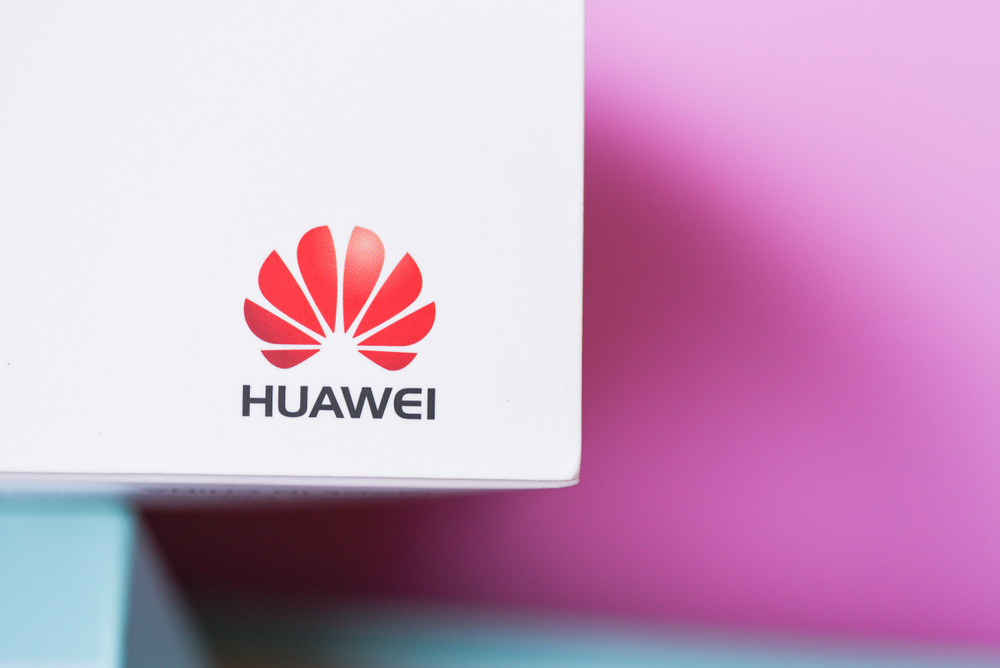Huawei is planning to license its smartphone designs to third-party companies as a way to access key components, such as 5G chips, that are restricted by the US, Bloomberg reported on Monday. This is the latest move the Chinese tech giant has made to revitalize its mobile phone business and bypass the US technology blockades since being blacklisted in 2019.
Xnova, a subsidiary of the state-backed China National Postal And Telecommunications Appliances (PTAC), will be able to produce self-branded smartphones powered by Huawei’s design, according to an unnamed source quoted by Bloomberg. Xnova is already selling Huawei-branded Nova smartphones on its e-commerce website in China.
Bloombergalso reported that Chinese telecom equipment maker TD Tech Ltd will be allowed to sell phones featuring Huawei’s designs under its brand, according to an undisclosed source.
The smartphone business of the Chinese telecommunications giant has come under mounting pressure amid the global chip shortage and US sanctions. In late 2019, the Trump administration barred US companies from trading chip components and technologies with Huawei, citing national security concerns. It also ordered that US suppliers must apply for a license to ship products to China. Last week, US President Joe Biden signed a new law to further tighten regulations on trade with companies such as Huawei and ZTE, according to Reuters.
Huawei’s phone production nosedived in the past two years after several rounds of sanctions, dropping out of the top five smartphone sellers in China in the third quarter of 2021, according to data compiled by research firm Counterpoint. The company’s rotating chairman, Guo Ping, said last month that Huawei’s performance was “significantly impacted” by the B2C business decline.
The potential partnerships formed by Huawei with Xnova and TD Tech Ltd is not Huawei’s first attempt to circumvent restrictions on components. According to Sina, since January, Huawei has been collaborating with other Chinese telecommunication firms and phone makers, including China Unicom, China Telecom, and TCL, to launch several 5G phones. Some of these models use 5G chips from US firm Qualcomm, Sina reported. Qualcomm is one of the companies that is banned from supplying components to Huawei.
In July, China Unicom launched the U-Magic 30E, a 5G smartphone that’s powered by Qualcomm’s Snapdragon 480 5G processor. According to Sina, the phone’s design and other features share major similarities with Huawei’s Enjoy series.
China Telecom has also released an array of new smartphones under the Maimang series in July. Maimang used to be a collaboration between China Telecom and Huawei, although China Telecom announced on Weibo that the brand is now maintained solely by the carrier. China Telecom did not reveal its new manufacturer.
Last year, Huawei sold its Honor smartphone division to a consortium led by a state-backed firm in Shenzhen, which freed Honor from the US supply chain ban. Sales of Honor devices in China increased by 18% in August compared to July, which gave Honor a 15% market share in the country. At the time, it was the third largest player in China, according to Counterpoint Research.
